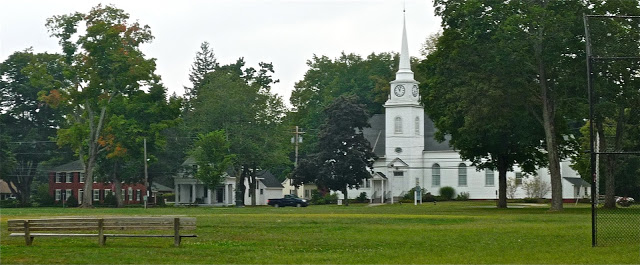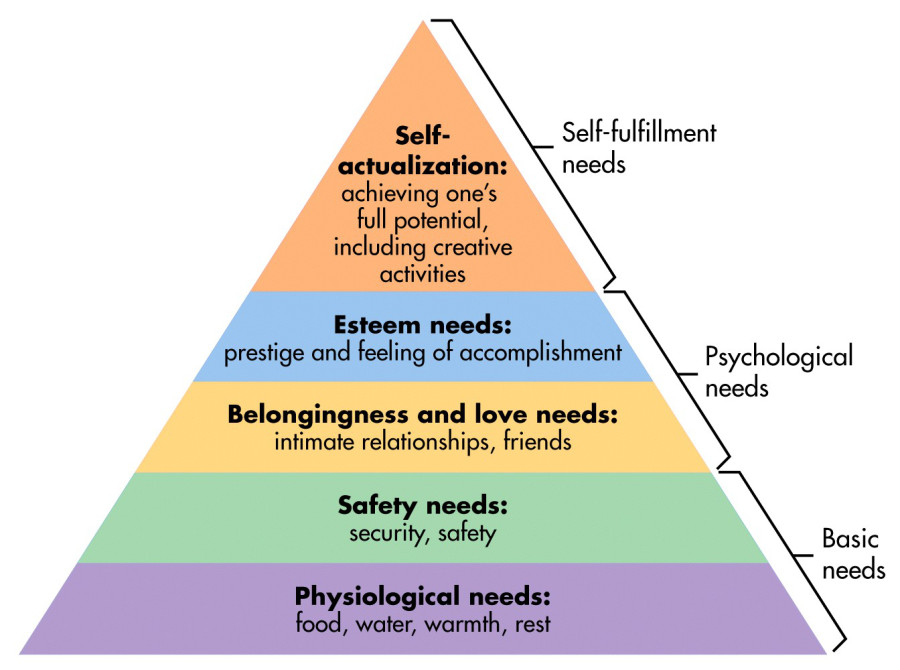Thinking About the Common Wealth
I love the concept of “Common Wealth” and how it relates to justice.
In our times, we more often than not see the two words “common” and “wealth” combined into the one word “commonwealth”.
Keeping the words separate, gives me a better understanding of the concept that the “common wealth” is a set of resources owned by by everyone and shared equally by a group for their common good.
In New England, where I spent a good part of my adult life, many towns are built around a “commons” or “town green”. Originally, the commons was a plot of land (wealth) set aside for the common good of the people who lived in the town. The land was part of the commonwealth and was often used for grazing sheep.

credit: http://newenglandtravelnews.blogspot.com
Two things endanger the commonwealth. The first is that no one “owns” it and the second is greed.
Greed is probably the biggest danger to the commonwealth. In colonial times, so the story goes, the concept of commonwealth was put in danger when one of the town’s residents (let’s call him Frank) said something like “I’ll just graze my sheep a little longer and take a bit more of my ‘fair share’. No one will notice and it won’t have any effect on anyone else.”
What happened in cases like this is that someone else did notice. Joe figured that if Frank can get away with taking a bit more than his fair share than so could he. When Bill saw Joe and Frank getting away with more than their fair share, he joined in… and so on until the common wealth had been decimated to the point where it was unable to serve anyone
(If you are a bit puzzled about grazing sheep, think about the commonwealth of the kitchen area at your workplace. It’s an area set aside for the common good of everyone yet there are always a few people who “don’t get it”. These are the people who don’t clean their dishes but leave them in the sink for someone else to do or don’t refill the coffee after they have taken the last cup. When they do this, what they are saying is ‘my needs are more important than yours are. I’m above you. Someone beneath me will take care of my mess.)
In today’s society, town greens are few and far between but, instead of a piece of shared land, the commonwealth is now the act of caring for others. If we are to have a well functioning society, concern for the common good needs to be part of what everyone in the society believes and practices.
The order, the rules, the laws of our society (think the Constitution and Bill of Rights) and those we elect to manage, protect and care for these things are now part of our common wealth and maintaining this common wealth is done as part of concern for the common good.
An outstanding insight into the concept of common good is a book “The Common Good” by Robert Reich. In this book, Mr. Reich examines the concept of the common good, what effect it has and what role it plays in our modern society and, most importantly, he attempts to answer the question “what happened to the common good?”
If I was worried about the state of our society before I opened this book, you can believe that I was worried and depressed about the state of our society after I finished it.
The answer to the question as to what happened to the common good is, in my mind, the same answer that our colonial residents had when someone asked “Why isn’t there enough grass for my sheep in the commons?”. The answer then, as now, is greed. Or put another way, the problem is that there are those in the community who feel that their needs and what they want are more important than the common needs of the community.
This prevalence of greed around us is hard for me to stomach. It’s hard because I believe that today, greed and the “me first” attitude are doing a huge amount of damage to our society. I think that greed is contributing to our current state of “meaness” toward one another. I think that greed played a big part in the great recession of 2008. Many corporations, instead of acting for the common good are driven by greed — more money for their CEOs and shareholders.
I think that greed plays a big part in the fact that so few own so much wealth and that so many people in our society are living on the edge of economic collapse.
All of these things share something in common — the fact that some, in our society believe that they deserve more and in fact are exercising this belief by taking more, leaving less for others and making it difficult for others to find and take advantage of opportunities to improve themselves.
Greed (which can be defined as ‘I want more money, power, influence etc. and I deserve it without consideration of others’) begged me to ask the follow up questions of “Why is greed such a driving factor and why do those in power want so much of it?” Money, power, wealth and influence certainly are what people want and are are willing to fight for but it’s also important to know the ‘why’ behind it all.
I realize that there are probably a boatload of studies that attempt to answer this question and as someone who possesses almost no knowledge about psychology and human behavior I can only relay what makes sense to me.
Thinking about the why part of this question reminded me of Maslow’s Hierarchy of Needs – a theory I first heard about in high school.

(from https://www.simplypsychology.org/maslow.html)
Without getting in too deep, Maslow’s Hierarchy of Needs is an attempt to explain what motivates human behavior. Maslow proposed that people are motivated to achieve certain needs and some needs take precedence (are more important) than others. Maslows model is usually presented as a pyramid where the most important needs to be fulfilled are at the bottom. Once a lower need is fulfilled, upper needs can be fulfilled.
Following Maslow’s chain of reasoning, causes me to also wonder about the character of many of our elected officials. I can only conclude that today, those who are stomping on the common wealth are struggling to fulfill their most basic needs of security and safety (they are fearful), belongingness and love needs and esteem needs. As long as they strive for these things and believe that they don’t have or have enough of them, our common good is in danger.
There are those who say that one of the best ways to change this trend of “me first” and “anything at all costs” that is endangering the common good is to participate in politics by voting. I can’t disagree with this conclusion but that makes me concerned that our frameworks for evaluating the “goodness” or “badness” (character?) of the people who we have elected or who are running for office are outdated or have changed so that these frameworks are no longer helping us pick the right people for the job.
What if, instead of just considering how someone who holds an office or a position of responsibility looks, or thinks about specific issues, or what their 30 second campaign ads say, we add to this mix an evaluation of what they have done for the common good and how they are spending their resources (time, talent, money, power) to support and build up the common good.
Would this at least start to change the trend toward “I’m in it for me” to one of “I’m in it for the good of all”.
Sorry. I can’t offer any more answers than this as to why I am afraid for the future of our society and afraid of the type of leaders that we have selected to care for our common wealth. If we lived in a world with unlimited resources, things might be different. But we don’t. We live in a world where their is probably plenty for all but we have to share. We have to care for the common good the wealth of all, the commonwealth.